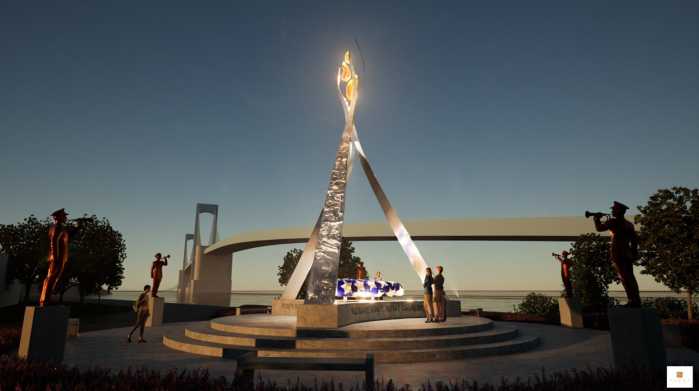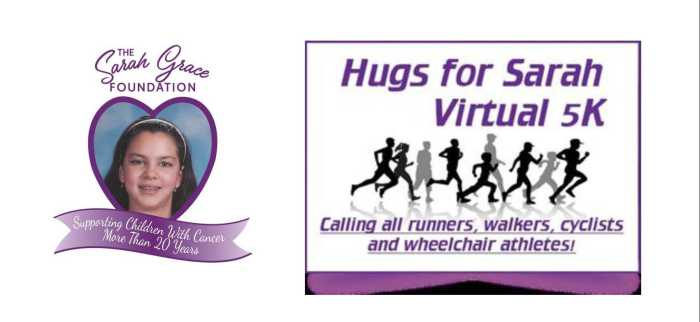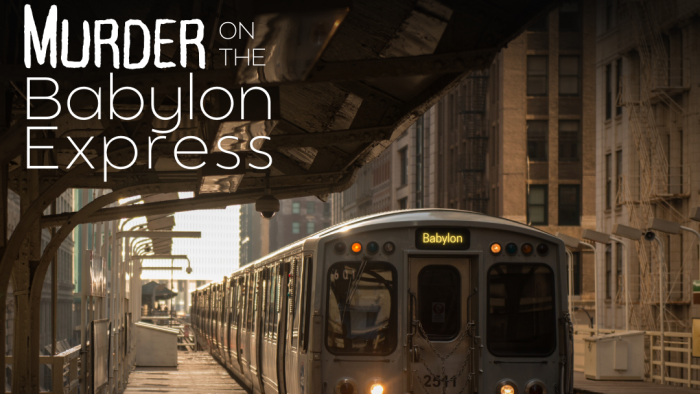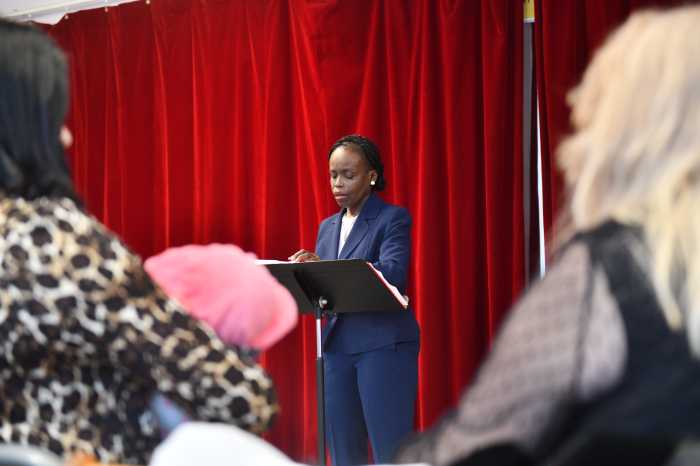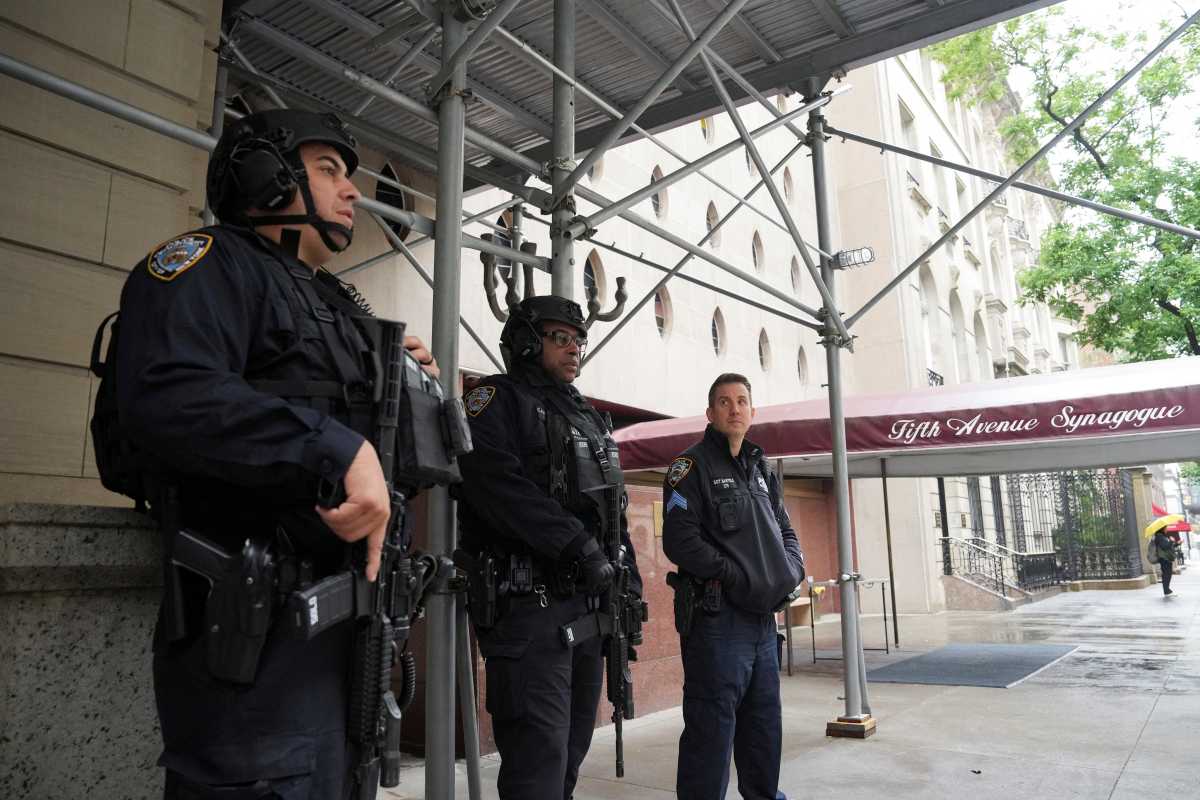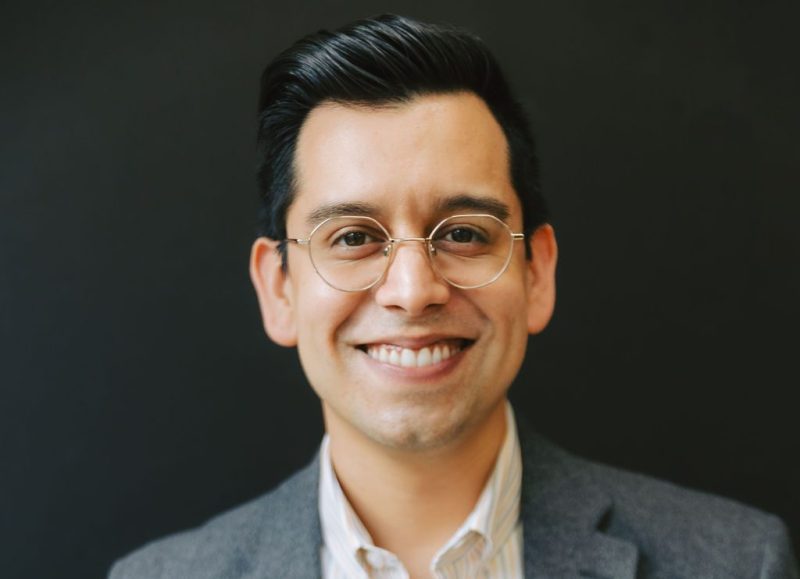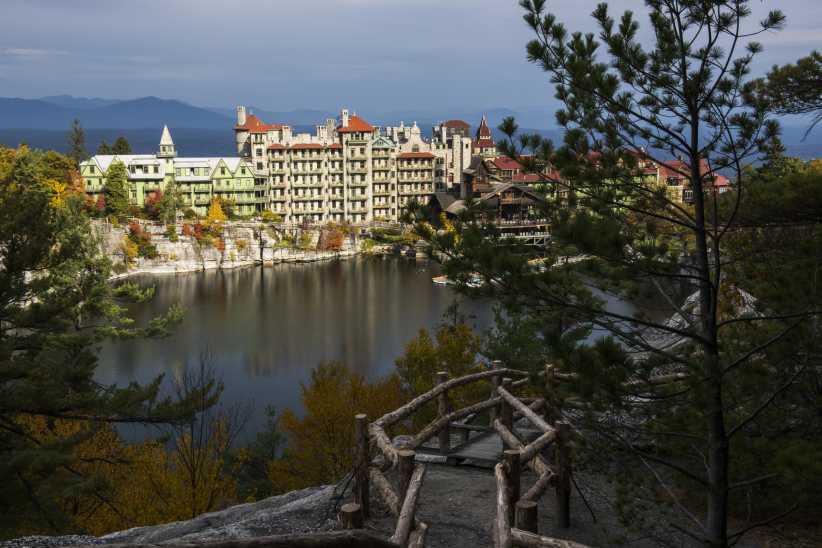Luscher’s father was a survivor who escaped to the state that would…
By Courtney Dentch
To Tamar Luscher, a Bay Terrace woman whose parents were Jewish children in Germany when the Nazis took control of the country, there are Holocaust survivors and Holocaust victims.
Luscher’s father was a survivor who escaped to the state that would become Israel, while her mother was a victim who turned herself in to the German police after her family was sent to a death camp.
“My mother never showed enough anger to satisfy me. But I have to ask if I have the right to be angrier than she was,” Luscher said of her mother, who lived through the war to tell her story. “I am a daughter of a Holocaust victim who remained a victim both physically and mentally all her life.”
Luscher, the educational director at Shelter Rock Jewish Center on Long Island, was one of those who shared their thoughts on the Holocaust at the annual memorial service at Margaret Tietz Nursing and Rehabilitative Center in Jamaica Hills Sunday. The ceremony marked the Jewish commemoration of Yom HaShoah, or Holocaust Remembrance Day, and featured a candle lighting to honor different groups of the people killed.
“It is through the memories and survivor stories we educate future generations,” said Assemblyman Mark Weprin (D-Bayside).
The day also celebrated the 20th anniversary of the dedication of the center’s Torah scroll, Rabbi Esor Ben Sorek said. The scroll of the Jewish bible was written in 1901 and taken from a synagogue in Votice, Czechoslovakia when the Nazis swept through the country, he said.
“When (Adolf) Hitler’s army invaded Czechoslovakia, they took the Jewish relics and sacred artifacts and brought them to Germany, where they waited to build a museum of an exterminated people,” he said.
When World War II ended, the relics were taken from Germany to England, where they were sent to synagogues and Jewish centers around the world, Ben Sorek said. The Tietz Nursing and Rehabilitation Center, where many of the residents are Holocaust survivors, was the first nursing home to receive one of the relics in 1984, he said.
Luscher, who gave the keynote address at the ceremony, spoke of the different experiences of her father — the survivor— and mother — the victim — during the Holocaust. Both were children about age 10 when Hitler came to power. Her father and his family left the country for Israel, where he grew up fighting against the Germans and later in wars in Israel.
“Surviving meant becoming a minesweeper and a paratrooper and doing what you have to ensure you will stay standing,” she said. “And so he became my role model.”
Luscher’s mother, who was a resident at the Tietz center, chose to stay in Germany, she said. Her mother was quarantined in a German hospital for a prolonged period after she fell ill with scarlet fever and typhus. When she was released from the hospital at age 13, there was no one to pick her up and no one home to welcome her, Luscher said.
“The shopkeepers told her to run, that her mother and sister had been picked up,” she said.
But Luscher’s mother did not run.
“At 13 years old, an age when most of our children are studying for their bar and bat mitzvahs, my mother went to the police station and turned herself in, preferring death alongside her family to a life without them,” she said.
Her mother was sent to the Bergen-Belsen death camp with her family. She was freed when the war ended, Luscher said.
And while the Holocaust raises many questions of faith, emotion and human cruelty, the stories of survivors and victims are what matter, Ben Sorek said.
“We may not have the answers, but we must at least tell the story,” he said. “We must remind, not others but ourselves, what was done and what was not done.”
Reach reporter Courtney Dentch by e-mail at news@timesledger.com, or by phone at 718-229-0300, Ext. 138.




